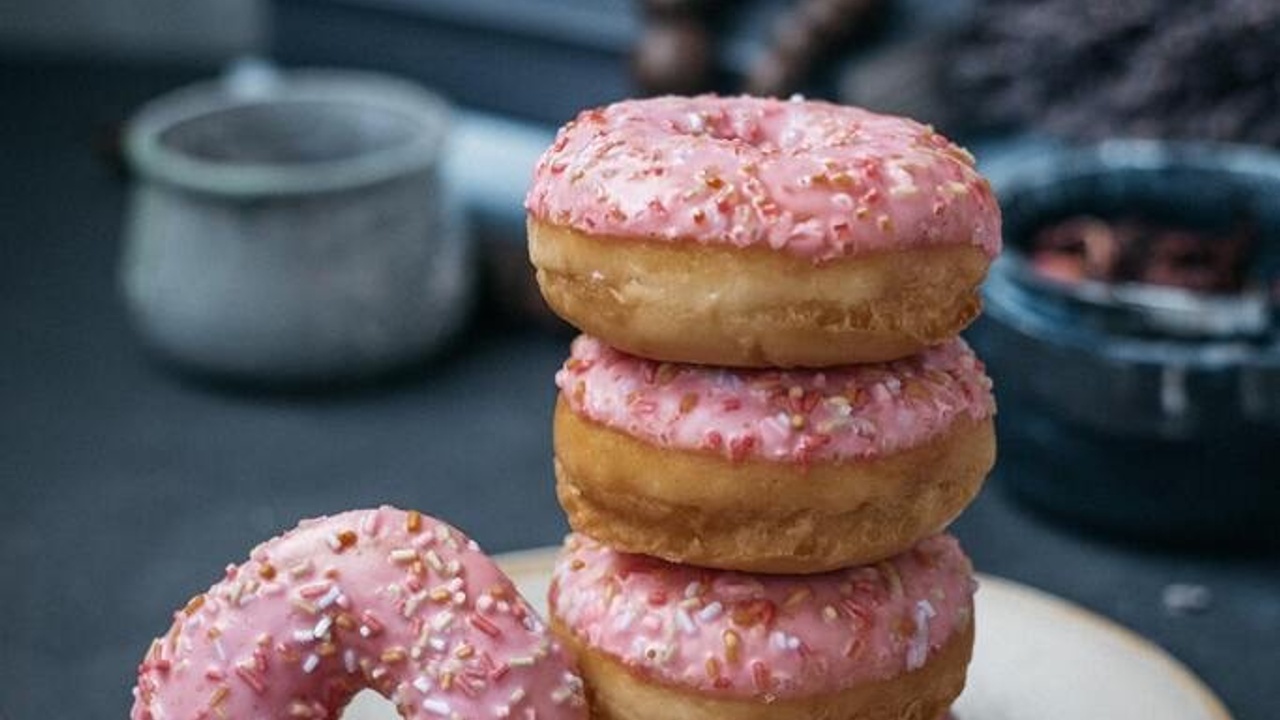The Truth About Sugar and Flour
Mar 02, 2022
The 1980s and 1990s “low fat craze” lead to cutting fat out of foods but increasing sugar to improve palatability. There was also an increase in processed food consumption. I vividly remember Snackwells as the “healthy” cookie choices and limiting egg consumption to avoid fat and cholesterol. Over the past 20 years, there has been growing evidence that sugar and flour is contributing to weight gain and health consequences, and many people are now trying to cut these foods from their diet. Giving up flour and sugar is not easy because it is so common in so many the most convenient, largely processed foods on the shelves and can lead to an increase in cravings and appetite. If you are trying to lose weight or just eat healthier in general, removing flour and sugar from your diet is a good first step but sometimes requires some detective work.
Finding sugar
It is easy to avoid the obvious suspects like cookies or sugar cereal, but avoiding the hidden sugars in some other foods and condiments is often harder. Most foods that come in a box have some refined sugars, and the labels hide sugar under different names including high-fructose corn syrup, sucrose, fructose, dextrose, and turbinado, to name a few.
Finding flour
Flour is found in baked goods including bread, pasta, crackers but also can be hidden as thickeners and binders in other processed foods. It is important to read labels to identify flour hidden in food and the label “whole grain” is misleading. These words may mean whole grains, but without more clarification there is no guarantee: Wheat, or wheat flour, Semolina, Durum wheat, Organic flour, Multigrain (this can describe several whole grains, several refined grains, or a mix of both).
When purchasing your groceries, try to limit ultra-processed foods like cookies, crackers, and bread. These foods can make you feel better in the short run but will ultimately lead to cravings and weight gain. When you choose whole foods over highly processed foods, you set yourself up to have permanent success. Highly processed foods can lead to an overdesire and overhunger, which are common reasons for weight gain.
Overdesire
When we eat food, we normally get a dopamine reward; our brain evolved in a way to make sure we eat to stay alive, so a small dopamine reward is a good reminder. However, when we eat highly processed foods that are available everywhere today loaded with simple sugar and flour, our dopamine response from our brain can be so much stronger and our brain thinks that this food is “important to our survival.” We have taken sugar from its natural form and concentrated it down, so now our brains demand it and crave it. By concentrating the food, we are concentrating the desire.
Overhunger
When we eat processed foods, we have a hormonal shift that makes us hungrier. Insulin levels increase, which makes it hard to burn body fat as energy, and over time we can develop insulin resistance (https://sarahsmithmd.com/is-insulin-resistance-sabotaging-your-weight-loss/). Leptin is a hormone that our body fat makes to help control hunger; weight gain can also cause leptin resistance, and so we feel hungrier. Ghrelin is a hormone that our stomach makes to tell us when we are hungry. There are many hormones involved in appetite regulation, and food choices can impact this regulation.
A recent study by the NIH showed that eating a diet made up of ultra-processed foods drives people to overeat and gain weight compared with a diet made up of whole or minimally processed foods. Study participants on the ultra-processed diet ate an average of 508 calories more per day and ended up gaining approximately 2 pounds over a two-week period. People on the unprocessed diet, meanwhile, ended up losing about 2 pounds on average over the two-week period.
Some health benefits of eliminating sugar and flour from your diet:
- Weight loss,
- Improved mood,
- Decreased risk of diabetes and pre-diabetes and an increase in insulin sensitivity,
- Decreased visceral fat,
- Reduced inflammation.
Some tips for cutting out sugar and flour include:
- Start reading labels,
- Consider avoiding artificial sweeteners,
- Preplan your meals,
- Keep a food journal or track food on an app,
- When you first cut out sugar and flour you will have a temporary increase in cravings due to withdrawal, so have patience,
- Over time your cravings will dissipate as you become fat adapted.
When planning your food, try to limit the ultra-processed foods and stock up on clean foods including vegetables and fruits, meats and vegetarian proteins, and healthy fats. If you want my worksheet called “Cutting out Sugar and Flour,” send me an email or a PM, and I will be happy to share!
DISCLAIMER: Sarah Smith MD is a medical doctor, but she is not your doctor, and she is not offering medical advice on this website. If you are in need of professional advice or medical care, you must seek out the services of your own doctor or health care professional.

